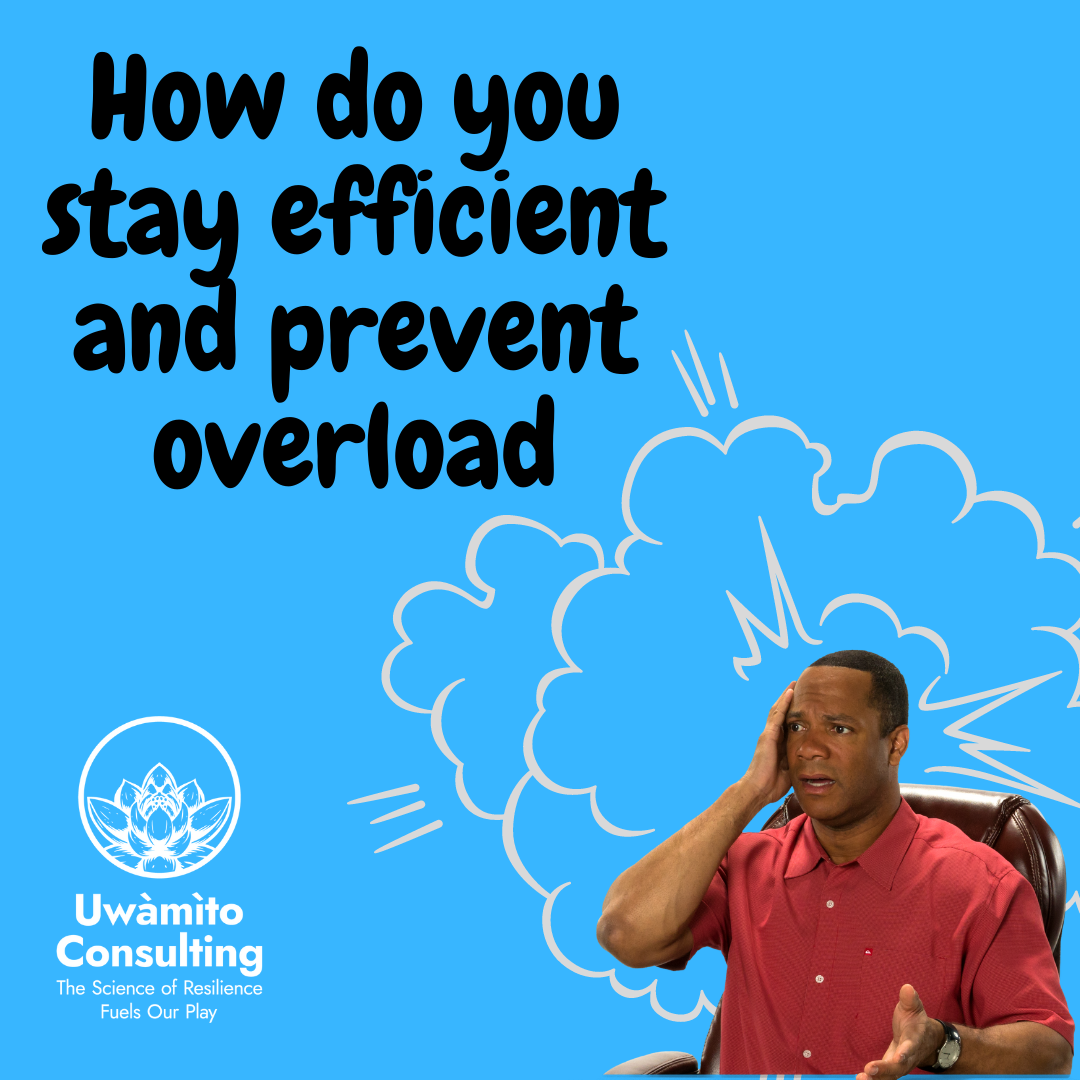Have a clear strategy for your organization - ensure alignment between what your mandate is and the goals of the project.
A strategy is not a mission statement or a set of goals. A strategy is a plan you create to accomplish your goals. A good strategy will have clear steps, timelines, and success indicators.
Your strategy should be designed to help you fulfil your mandate, and the purpose of your organization. For example, if the mandate of your organization is to help low-income families gain greater access to healthy food by providing them with vouchers for grocery stores in their neighbourhood, then your strategic plan might include:
Recruiting volunteers who can help distribute information about the program in local schools and daycares
Funding for research that shows which grocery stores within a certain distance from low-income areas have high sales of fresh produce
Create partnerships with those grocery stores so that they agree to accept the vouchers you'll be distributing
Set up the right team.
You can only be as successful as the team you have overseeing your projects. That's why it's so important to bring together the right people, who have a diverse skillset and are committed to the cause. Don't be afraid to ask for help or steward partnerships with other teams. The most important part is that your project is moving in a positive direction.
Offer real-time data. Do your research!
Offer real-time data. Do your research!
You don't want to start from scratch. Find out what is already being done and by whom, especially if you’re working in the same geographical area. You can learn from their past experiences and might be able to adapt or improve on successful projects they've already piloted. Don’t reinvent the wheel! Get all the facts from the start, so you know exactly where you’re headed and if any unexpected things crop up, you’ll be better prepared to deal with them as they come. Be willing to adjust your approach or methods of operation as needed – there are always lessons to be learned along the way that could help you in future projects too! Stay focused on the end results rather than worrying about how something may have been done differently in another project before because ultimately each one has its own unique challenges which require innovative solutions that would not necessarily apply elsewhere anyway!
Work with other organizations.
Working with other organizations has many benefits: it’s more efficient, and you don’t have to reinvent the wheel. Plus, someone else might already have tools that can help you measure your project’s impact.
When working with other organizations, it's important to remember that you're building on their work, while also focusing on your own organization's mandate.
Focus on the impact of results and how to achieve them.
A project to be implemented must have a clearly defined purpose, objectives, and desired results. The project should have a measurable impact on the target population. The most important requirement is to ensure that the result of the project will have a long-term impact on the social problem. The result should be sustainable and adapted to local needs so as not to become "just another" project in an area with many projects.
Be willing to change your approach if needed.
So your project is going well, and you're gaining traction in the community. The only problem is, that you've realized that your approach isn't working as well as it could be. Maybe the current situation has changed, or the market is responding differently than you thought it would. Or maybe you've discovered that your target audience doesn't have access to all of the resources they need to participate in the program at the highest level possible.
Whatever it is, it's important to be willing to change your approach if needed. This may seem like a daunting task, especially if you're already prepared project materials and promotional campaigns based on a certain idea or method—but think of this as an opportunity to make your project better.
Set clear expectations and timelines for deliverables.
Setting clear expectations and timelines for deliverables is critical at the beginning of every project. As a project manager, you need to set your team up for success by being explicit in what you expect from them, when it's due and how they'll communicate their progress. If you're a team member and you're not sure what's expected of you, ask questions so you can clarify your role. Once those expectations are set, establish a timeline and stick to it. There will be times when things don't go as planned, but good communication will help keep everyone on track.
Put together a results-oriented team that understands what needs to be achieved and by when (and is committed).
Since you've got the whole project in front of you, it's time to formulate some actionable strategies.
Set clear goals and expectations: Once you've determined the top objectives for your social development project, make sure that everything related to those goals is clearly defined and well communicated. By setting clear goals and expectations for your team, you'll ensure that they're in sync with what needs to be achieved.
Set the right team: You've already gathered a group of experts who know how to design and implement effective social development projects, but this doesn't mean they all have to work together on each project simultaneously. Decide which member of your team should be in charge of planning each new project and make sure everyone understands the role they're expected to play.
Define the timelines for deliverables: Since different projects are likely to require different lengths of time and resources (i.e., money), it's important that you define specific deadlines for each one. A good way to accomplish this is through a forecast calendar with proper milestones—a tool that makes it easy for everyone involved with a given project (i.e., stakeholders) to understand when their work will need to be completed so that you can achieve all set goals by a deadline (the beginning of March).
Set the right parameters for success: Make sure each person on your team understands what counts as a success or failure—and how early things might change based on feedback from stakeholders—because doing so will help avoid last-minute surprises during execution or evaluation phases if things aren't going quite according to plan (which is often).
When managing social development projects, stay focused on the goals you set out to achieve, even if that means changing your approach along the way.
People often think that social development projects are a means to an end—the end being the creation of a community spirit. While those goals are important and worthwhile, we've found that the best way to make sure we get there is to set out with clear, actionable goals and then dedicate ourselves to achieving them.


